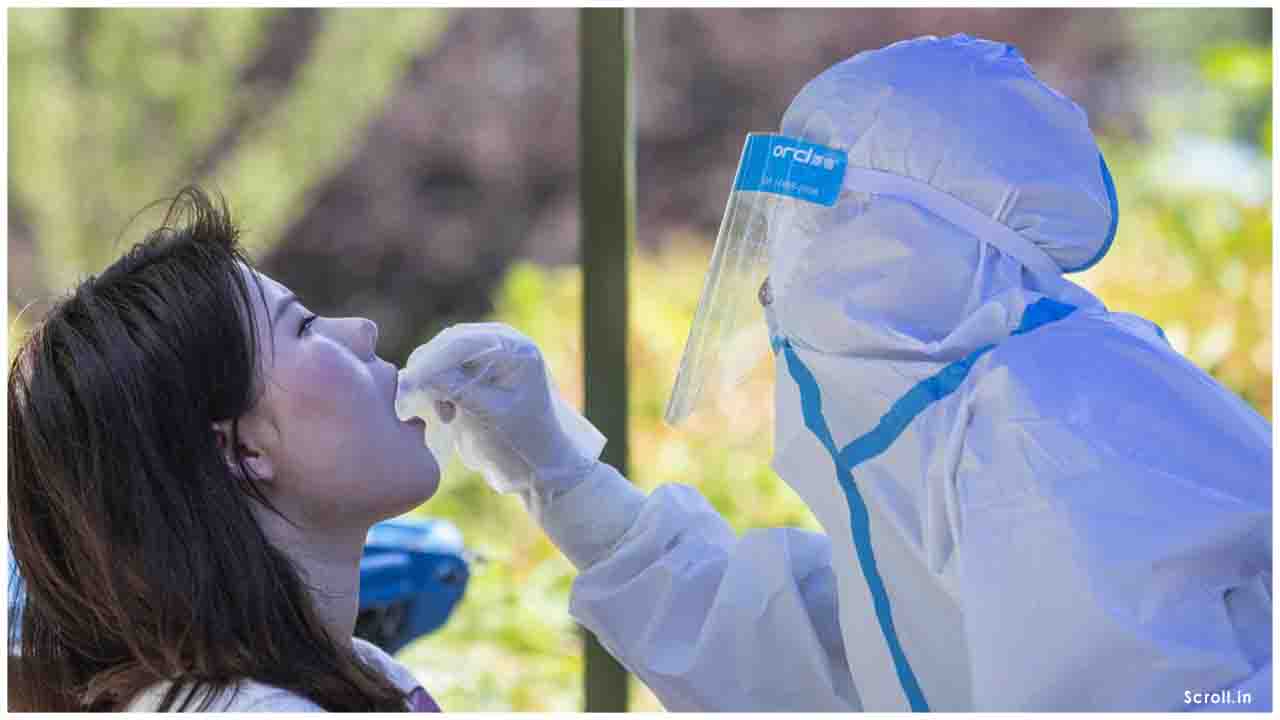China’s government has dismissed findings from a Harvard Medical School study about the new coronavirus. The study suggests the virus may have begun spreading as early as last August in Wuhan, China.
A spokeswoman for the Chinese Foreign Ministry called the study “ridiculous,” at a news briefing Tuesday.
The study used satellite imagery of hospital parking lots in Wuhan and data from internet search engines on physical conditions like “cough” and “diarrhea.”
The study’s writers said the increased hospital traffic and internet search data in Wuhan came before the documented start of the coronavirus outbreak in December 2019.
The Harvard researchers said they cannot confirm if the increased hospital visits were directly related to the new virus. But, they said, their evidence supports other recent work showing the disease appeared before its discovery at the Hunan Seafood Market in Wuhan.Several independent scientists also criticized the study, saying it did not provide clear evidence of when the outbreak began.
Paul Digard is an expert in virus study at the University of Edinburgh in Scotland. He calls the use of search engine data and satellite images of hospital traffic “an interesting idea” with some usefulness.
But he said the data only shows a possible link between things; it does not prove one thing was the result of the other. In their study, the Harvard scientists noted this as well.
Keith Neal is a researcher of infectious disease data at Britain’s Nottingham University. He told Reuters news agency the Harvard study is, in his words, “an interesting piece of work, but I’m not sure it takes us much further forward.”
The Harvard research showed a sharp jump in occupancy at hospital parking lots in August 2019.
On the internet “pre-print” of the study report, the researchers wrote that they found an increase in internet searches for “diarrhea.” That was something not seen in earlier influenza seasons nor in earlier cough search data.
Neal, from Nottingham University, said the study included traffic around at least one children’s hospital. He said though children do get sick with influenza, they do not usually get sick with COVID-19.
Digard, from the University of Edinburgh, warned that by looking only at hospitals in Wuhan, the study “forces” the link between increased traffic and the virus outbreak.
He said it would have been interesting and possibly much more persuasive if it had also shown data from cities outside the Hubei area of China.

 Wet markets of Wuhan may not be entirely responsible, the virus existed before ; Harvard Research Study
Wet markets of Wuhan may not be entirely responsible, the virus existed before ; Harvard Research Study










.jpeg)







.jpeg)

.jpg)










